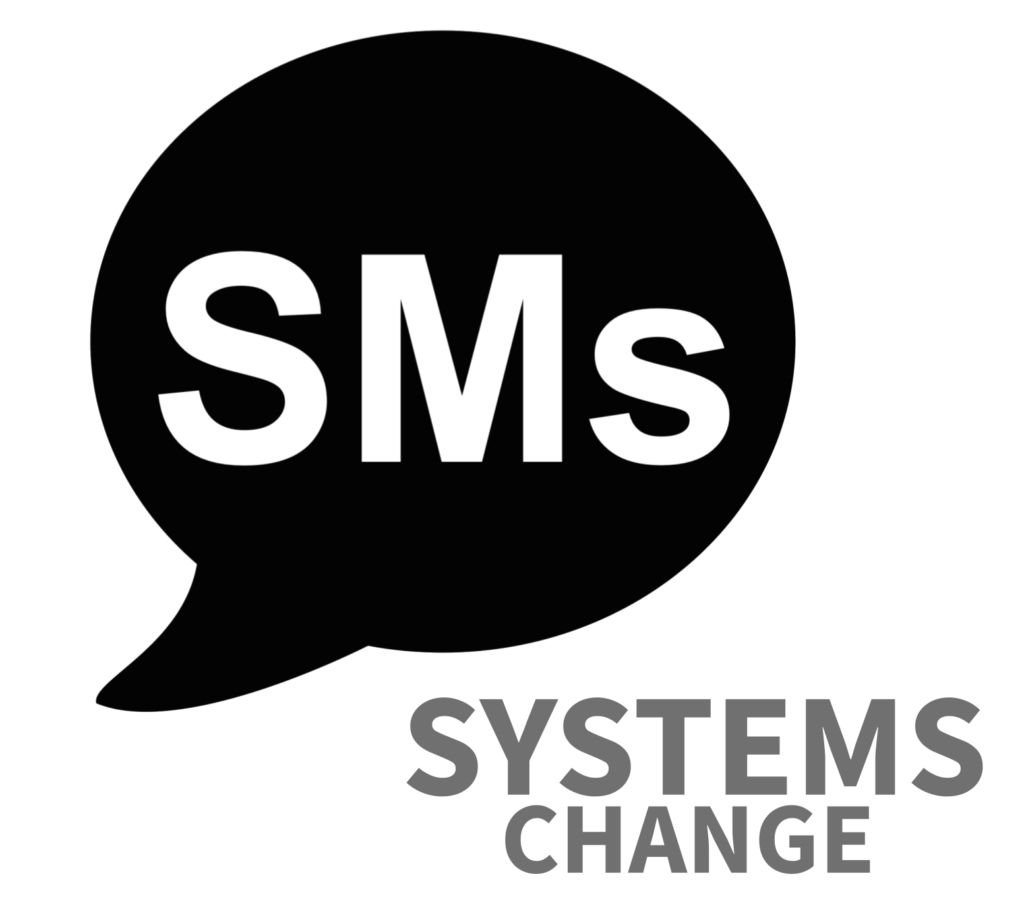– guest: Todd Barker –
In this series I speak with leaders fighting climate change, biodiversity loss, malnutrition and hunger through a focus on SYSTEMS CHANGE. Tune-in for a dose of optimism.
Subsidies with Favorable Outcomes
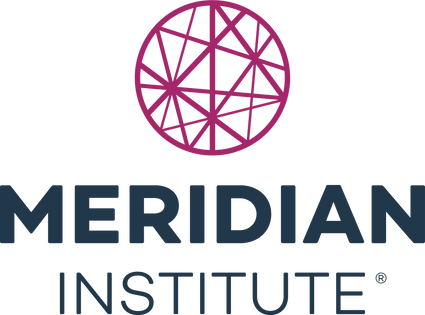
-ft. TODD BARKER
CEO of Meridian Institute
–
.
CORE SYSTEMS CHANGE: the 6-part miniseries >>
.
ep. 108: Todd Barker – Chief Executive of Meridian Institute
.
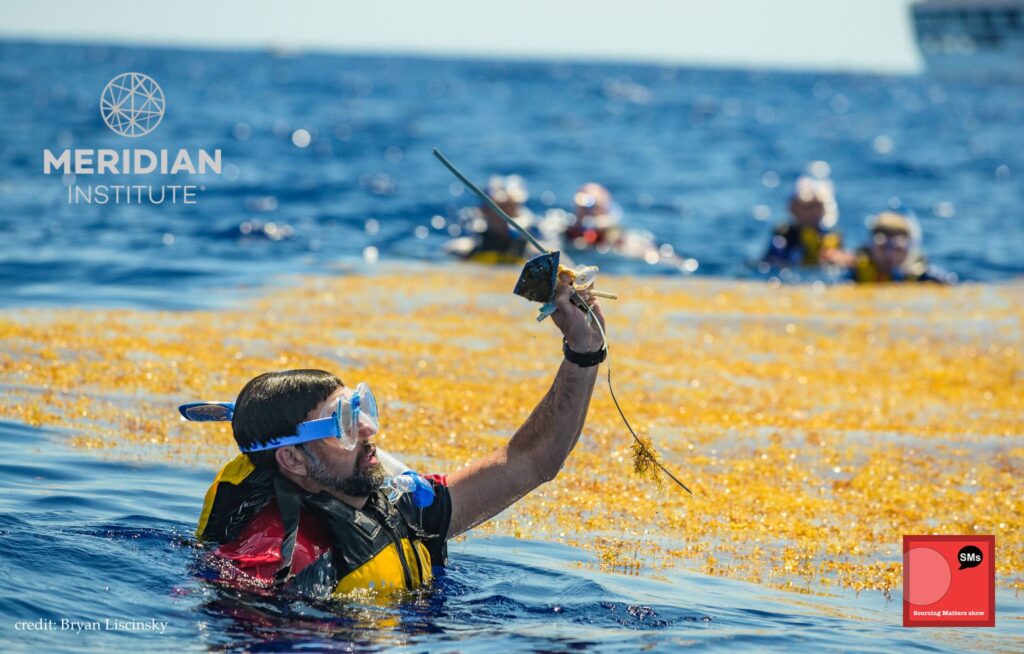
–
ep.108: ‘Repurposing Subsidies for Favorable Outcomes’
Host: Aaron Niederhelman
Guest: Todd Barker of Meridian Institute
.
Favorable Outcomes
In this episode you’ll hear that when subsidies are dolled out based on positive outcomes instead of crop type – good things happen.
You see, according to a Sept 2021 UN FAO briefing, agriculture contributes a quarter of greenhouse gas emissions, 70% of biodiversity loss and 80% of deforestation across the globe. And, it’s also true that nearly 90% of the $540bn in global subsidies given to farmers every year are “harmful.” It’s true that the majority of well-intentioned agricultural support now damages human health, exacerbates the climate crisis, dwindles nature and drives inequality by excluding smallholder farmers. For real food systems change – support needs to be better aligned with favorable outcomes.
To learn more about this whole ball of wax we connected with Meridian Institute CEO Todd Barker on the myriad ways that the organization is bringing together stakeholders in the U.S. and around the world to take action.
.
Incentivizing Collaborative Efforts
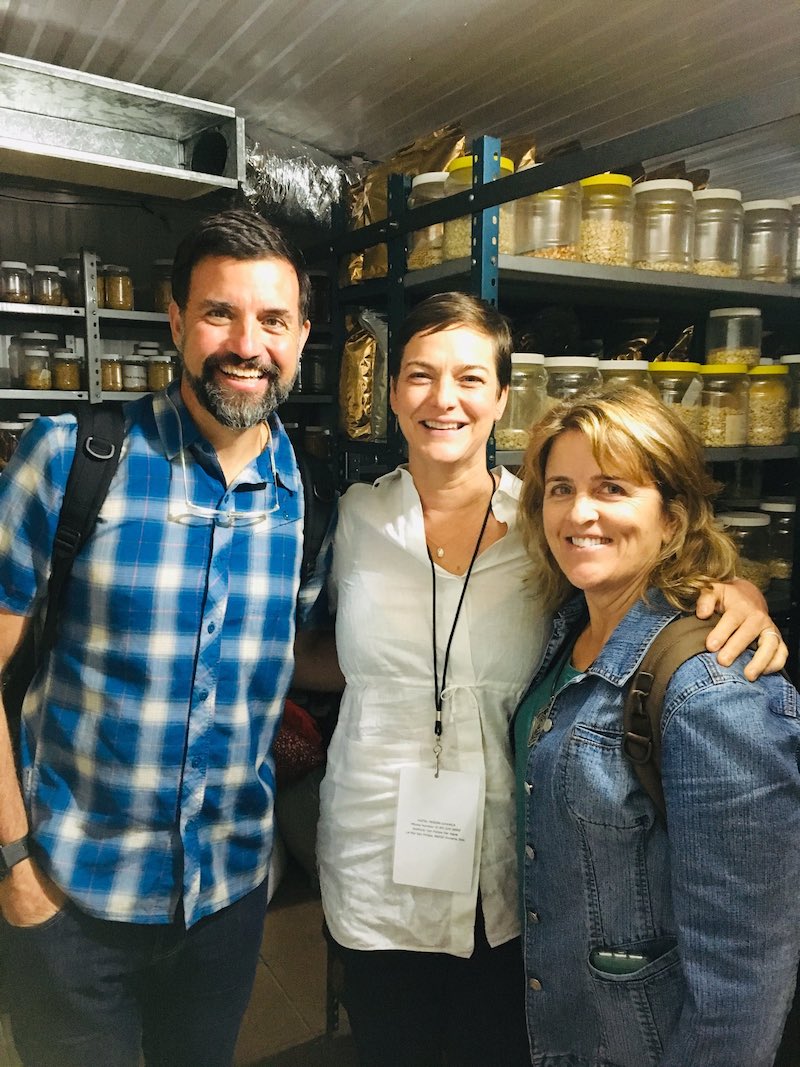
multi-
STAKEHOLDER
CHANGE
“Interest in food systems has never been greater. As challenging and controversial as the problems are, we at Meridian are seeing that while issues about partisanship, polarization, and conflict are capturing media headlines – the hunger for collaborative solutions to these problems has never been higher,” explains episode 108 guest Todd Barker.
–
–
A Novel Angle at US Crop Insurance
The AGree Economic and Environmental Risk Coalition (AGree E2 Coalition) advocates for federal policy improvements to drive broader adoption of conservation practices on working lands. Conservation practices such as cover crops, no-till, and other recognized good farming practices can reduce farm risk to extreme weather events while improving environmental outcomes and soil health. Meridian Institute launched the AGree Initiative more than 10 years ago after more than two years of collaboration with a diverse group of food and agriculture stakeholders.
–
“The risk reduction benefits of agricultural conservation practices were not being adequately represented in the federal crop insurance programs. We wanted to focus on the crop insurance program. Our objective was to find ways for farmers to be supported not by crop, but instead for outcome measures like improved soil health, enhanced biodiversity, and climate mitigation.”
– Todd Barker, CEO Meridian Institute
–
–
–
–
Multi-Stakeholder Initiative (MSI) Juggernaut
Meridian is a mission-driven, nonprofit consultancy that has helped clients and partners develop and implement solutions to complicated, often controversial problems—big and small, global and local—for over two decades. They do it with an innovative approach that brings together a deep understanding of the issues at hand, as well as the people, politics, and power dynamics that surround them. Meridian not only shapes meaningful consensus and action in the near term, but also builds partners’ capacity for cooperation that often continues for years, even decades.

“We bring our skills to bear on a diverse range of issues, including environment & natural resources, climate change, agriculture & food systems, forests, health, oceans & coasts, resilience, science & technology, and water. Across issues, boundaries, and systems, our work is a catalyst for powerful impact.”
Todd Barker – CEO of Meridian Institute
.
Finding Common Goals to Drive Change
The Meridian Institute offers five key services: collaboration, implementation, strategy, research, and philanthropic support. Meridian has a dedicated team of 80 experts and an ability to foster constructive discussions, manage decisions, and support actions that shape the world for the better.
.
.
feeding the planet ✔️
employing communities ✔️
stabilizing the climate ✔️
.
.
.
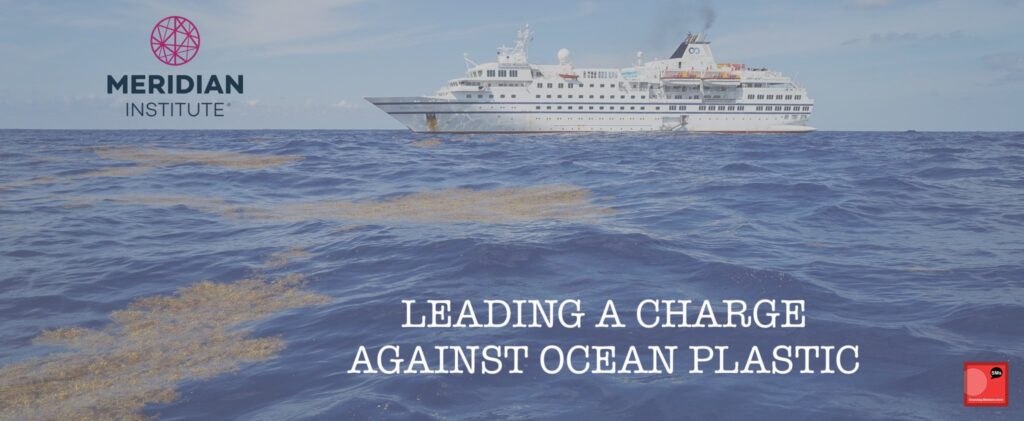
.
“There’s growing interest in a global treaty for Ocean plastics pollution. Think about it as the Paris Agreement for plastics. We have now brought together over 500 stockholders in six countries to get a jump start on developing national action plans,” Barker describes Meridian’s role in fighting against ocean plastic pollution.
.
–
facilitating change: Todd Barker
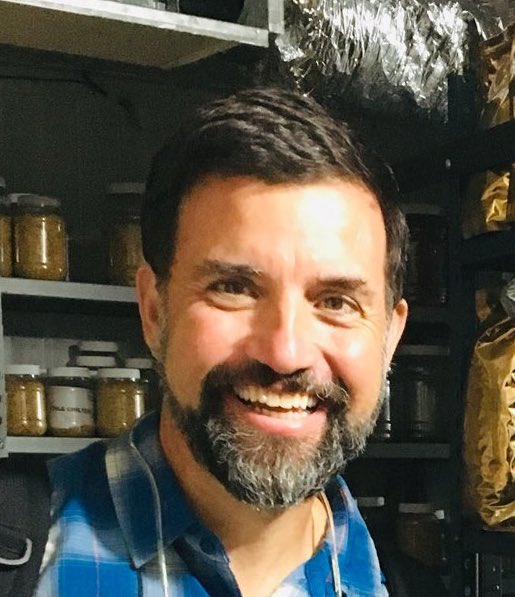
Todd Barker is CEO of Meridian. He currently leads projects that focus on agriculture, food systems, water, climate, big data, and clean energy. A highlight of his over 20 year tenure at Meridian has been the AGree Initiative, which successfully advocated and lobbied for changes in the 2018 farm bill that support soil health. He also has extensive international experience, including current work with the Global Alliance for the Future of Food.
Todd cut his teeth as a mediator, facilitator, and strategist over 20 years ago, working on the cleanup of Rocky Flats nuclear weapons facility. He is a trusted advisor to foundations and funder collaboratives working on agriculture and food systems. He serves on the board of the DendriFund and chairs the board for the Clean Energy Group.
–
–
–
Subsidies with Favorable Outcomes
TODD BARKER
Meridian Institute
–
–
As part of the Core Food Systems Change series, in this episode you’ll hear that when subsidies are dolled out based on positive outcomes instead of crop type – good things will happen. We all have more resources to fuel a movement.
.
–
.
social media tile
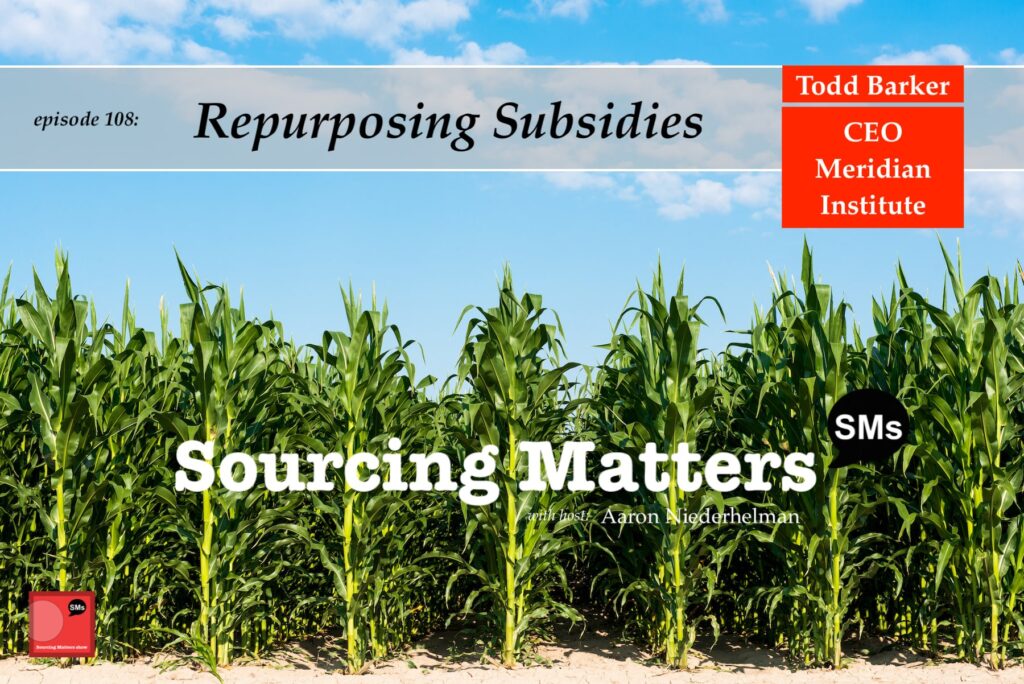
–
Listen-in to the full conversation with Todd and Aaron as they discuss ag. subsidies.
.
.
photo credit: Melissa DiPalma || Meridian Institute || Bryan Liscinsky
.
.
the rich & lasting benefits of:
CORE SYSTEMS CHANGE – content series
The thing is… all sorts of folks will be embracing the values gained from good food and its production. Good food is simply an investment in your own personal health and performance. It’s also a venue to take real climate action in every bite, and a daily dose of benevolence for the folks that keep us well. Good food is a boom-town innovation economy that’s ripening to become invasive throughout verticals and global marketplaces. That’ll begin as more local jobs, and with regional food security.
–

–
.
.
.
.
,.


